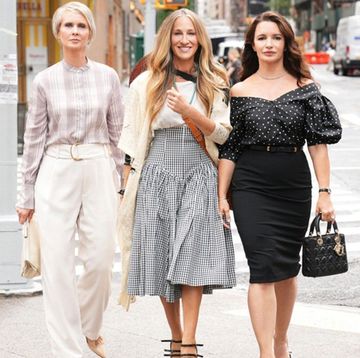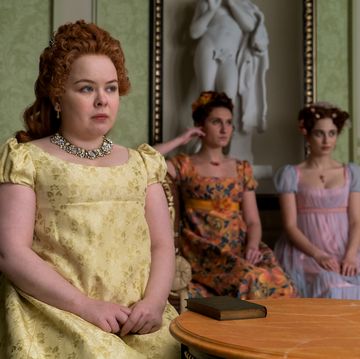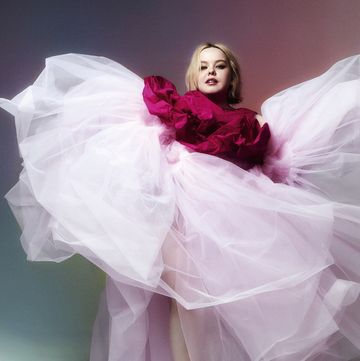Some say healing crystals have the natural energy to cure addiction, bring fortune and even reinvigorate sexual desires. And by some, we mean the likes of Gwyneth Paltrow, Katy Perry, Cara Delevingne and, crucially, Spencer Pratt.
Devi Brown, founder of Karma Bliss, told ELLE UK that it is the stone's earthly power than can be utilised for therapy.
‘Crystals have existed on earth for millions of years,' she explains. 'They're a tool which work with your energy field to absorb, focus and direct energies.’
And whilst the idea of using beautiful rocks to connect yourself with the earth and draw from it’s power without harm is an enticing one, it may be unrealistic. These rocks are shadowed in doubt, not just for their scientifically-unproven abilities, but for their dubious sourcing too.
A report by The New Republic has questioned just how ethical the sourcing of these increasingly popular healing crystals really.
The publication found that, whilst there are ethical state and family-owned mines in places like the US, there are also very unethical ones around the world. And, even worse, the tracking and tracing of which rocks have been sourced ethically or unethically is near impossible.
Journalist Emily Atkin found that whilst she was able to find family-owned, low-impact and even a carbon neutral mines in the US, others were ‘large-scale industrial mines owned by companies with poor environmental records and a history of labor violations.’
She found that crystals were often by-products found in gold or copper mines, tracing crystals to mines that caused, ‘severe surface and groundwater contamination’ in Mexico, and that used children as young as seven for labour in others in the Democratic Republic of Congo.
Jade mining in Myanmar, for example, has been compared to the blood diamonds of Africa.
Due to the fact that there are no international requirements to track a stone's movement from mine to cutting factory to tumbler (where you smooth and polish the surface) to trade shows (where most shops apparently buy their stocks), it can be near impossible for the average crystal-lover to attempt to buy crystals ethically.
Hopefully, as Instagram's appetite for grid-perfect tools of enlightenment shows no sign of stopping, government bodies will step in to properly track these crystals.
Besides, the words 'environmental destruction' and 'human trauma' are surely no good for those cleansing vibes, right?
Daisy Murray is the Digital Fashion Editor at ELLE UK, spotlighting emerging designers, sustainable shopping, and celebrity style. Since joining in 2016 as an editorial intern, Daisy has run the gamut of fashion journalism - interviewing Molly Goddard backstage at London Fashion Week, investigating the power of androgynous dressing and celebrating the joys of vintage shopping.














